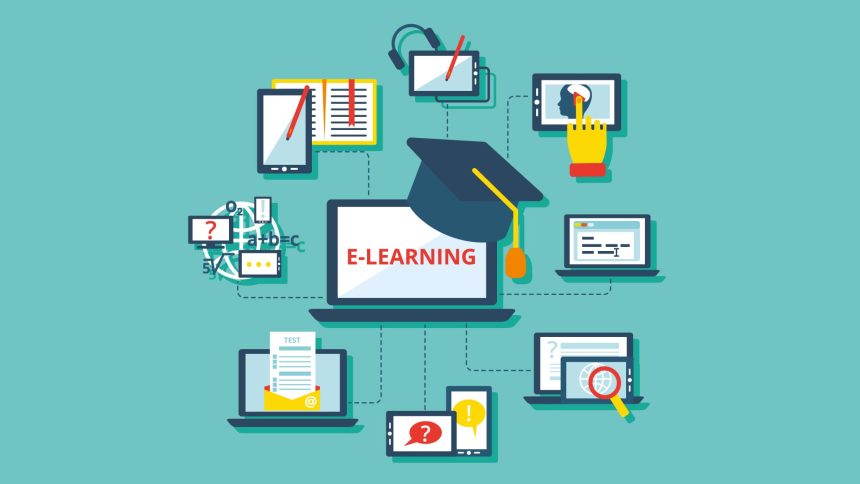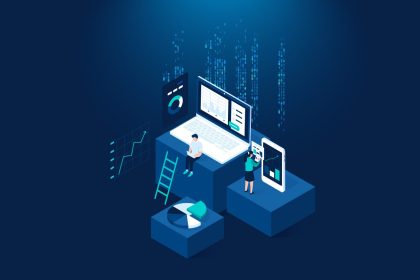E-learning is the use of electronic technology to access educational curriculum outside of a traditional classroom. In most cases, it refers to a course or degree delivered completely online.
This form of learning has proven to us many times that learning isn’t just about sitting in a classroom with a teacher lecturing in front of you at all times. Instead, it can happen anywhere and anytime.
According to E-learning, geographical barriers aren’t excuses or hindrances to learning. Hence, it’s flexible and convenient nature has attracted students across the country who have other equally important tasks like work to attend to.
Recently, Universities in Ghana have adopted E-learning to complete their semester due to the deadly Covid-19 pandemic. Even though E-learning has been very useful to society during these difficult times, there are still times when you wonder what kind of impact this type of education has made in Ghana.
Positive Impacts
E-learning Has Led To Better Retention
In Ghana, the popular way of learning traditionally is through the reading of bulky notes and textbooks. Students find this way stressful and boring and even research has proven to us that people remember only 10% of what they read. In the case of E-learning, students have better alternative ways to learn including watching video lessons for what they want to learn on Youtube, listening to recorded audio lessons by their teachers which they can play countless times till it sticks in their minds.
The Geographical Barrier Is No More A Hindrance To Education
At first, there was no way one could work in Ghana and school outside the country. If you wanted to go to school and work at the same time during those days, both your school and work had to be in the same area so that you could work and be able to attend classes at the same time. Now, it is possible for all kinds of people to study wherever they want without worrying about geographical barriers.
Negative Impacts
Students Cheat During Online Assessments
During online tests, no invigilator is present to ensure that students write their tests fair and square. Therefore, students don’t learn and refer to their notes and other sources to be able to complete tests organized online. Such acts don’t help students at all because it makes them irresponsible, inexperienced, and lazy.
Disadvantages To Students In Deprived Areas
Public Universities in Ghana which are educating their students online have made it known to the public that they will not repeat lessons taught online when school is back in session.
Tests and assignments given online will also be recorded and added to student’s assessments but there’s one thing we’re forgetting: people live in communities deprived of internet connections and these people have cried for the availability of internet connections in their areas countless times but to no avail.
As for the lessons, they may be able to catch up with the help of their friends but they may not be considered for all the tests and assignments conducted while they were away. This will be such a big blow to them.
Student’s Feedback is Limited
We all know how a student’s feedback is important in the field of teaching and learning. During lessons held in traditional classrooms, students are able to give feedback about lessons to teachers and they receive immediate help from their teachers. Unlike E-learning, where face to face and other interaction between student and teacher is limited, students find it difficult to give their feedback on lessons. Hence, this affects their performance in tests and assignments.
Article written by Lois Boakye Dankwah. You can contact her on Gmail (loisboakye45@gmail.com) and on social media (FB: @ lauisce boakye, IG: @ lauisce_boakye, Twitter: @lauisce boakye)










